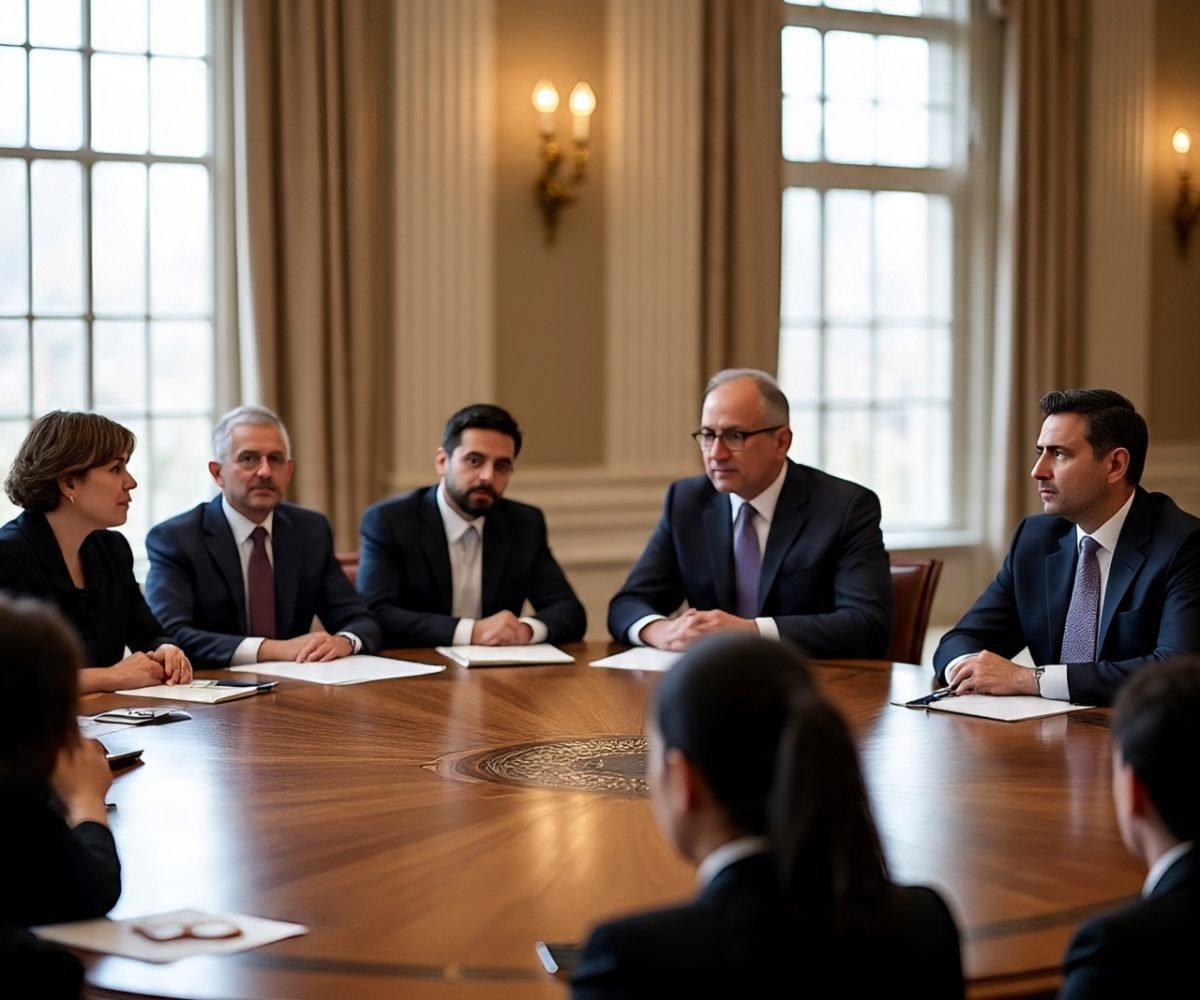Hezbollah condemns Lebanon’s weapons restrictions as a serious wrongdoing.

Hezbollah Rejects Lebanon’s Disarmament Plan, Calling It a “Grave Sin”
BEIRUT — Tensions have intensified in Lebanon following a dramatic response from Hezbollah to a recent government move aimed at asserting state control over all weapons in the country. The powerful Shia militant and political group announced it would ignore the directive, denouncing it as a “grave sin” and a product of foreign interference.
The Lebanese cabinet, in a major policy decision this week, directed the military to develop a comprehensive plan to centralize the possession and production of arms under state authority by the end of 2024. Prime Minister Nawaf Salam stated that the Lebanese Armed Forces would present the plan for cabinet review by the end of this month.
Hezbollah immediately pushed back against the decision, releasing a statement on Wednesday rejecting the initiative outright. “We will treat this decision as if it does not exist,” the group said, accusing the government of acting under American “diktats.” The group further asserted that such measures were aimed at weakening Lebanon’s resistance against Israeli aggression.
Mounting International Pressure
The Lebanese government’s decision comes amid increased international calls—particularly from the United States—for Hezbollah to disarm. These calls intensified after the 2023 conflict with Israel, which significantly weakened the group’s military strength. While Israel claims its continued airstrikes are intended to prevent Hezbollah from rebuilding its capabilities, the group insists that Israeli aggression violates a ceasefire agreement reached in November.
In June, American officials presented a proposed roadmap to Lebanese authorities. The plan reportedly included Israel ending its military strikes and withdrawing from five disputed areas in southern Lebanon in exchange for Hezbollah’s complete disarmament. However, Hezbollah has strongly opposed such terms, maintaining that they will not engage in discussions about their arsenal under conditions of continued Israeli attacks.
Open to Dialogue—On Their Terms
Despite rejecting the disarmament directive, Hezbollah expressed a willingness to engage in discussions around Lebanon’s national security strategy. However, the group made clear that such dialogue could not take place in what it described as a context of “aggression” and foreign pressure.
During the cabinet meeting, Hezbollah’s deputy leader, Sheikh Naim Qassem, gave a televised speech warning that the group would not negotiate its disarmament while Israeli hostilities persisted. “The issue of weapons will not be discussed while violations of the ceasefire continue,” he declared, accusing Israel of breaching the November truce.
Deep Political and Social Divisions
The debate over Hezbollah’s weapons is one of the most sensitive issues in Lebanese politics. While the group suffered setbacks in its most recent confrontation with Israel, it still commands strong loyalty within Lebanon’s Shia Muslim community. Many of its supporters view Hezbollah as a necessary deterrent against Israeli aggression and an integral part of Lebanese resistance.
However, critics—both within Lebanon and abroad—argue that Hezbollah’s refusal to disarm undermines state sovereignty and threatens national stability. The group’s military wing operates largely outside of state control, raising concerns about parallel power structures and the risk of internal conflict.
The Lebanese Civil War, which lasted from 1975 to 1990, still casts a long shadow over the country’s political landscape. Many fear that attempts to forcibly confront Hezbollah could escalate tensions and potentially trigger widespread unrest.
What’s Next?
The Lebanese military now faces the challenge of crafting a proposal that satisfies both the government’s directive and the country’s delicate sectarian balance. As the deadline for the plan approaches, all eyes will be on the cabinet’s response and Hezbollah’s next move.
Whether the state can assert control over arms without plunging the country into further instability remains to be seen. What is clear, however, is that the issue of Hezbollah’s weapons continues to be a defining fault line in Lebanon’s struggle to assert state authority and maintain national unity.
